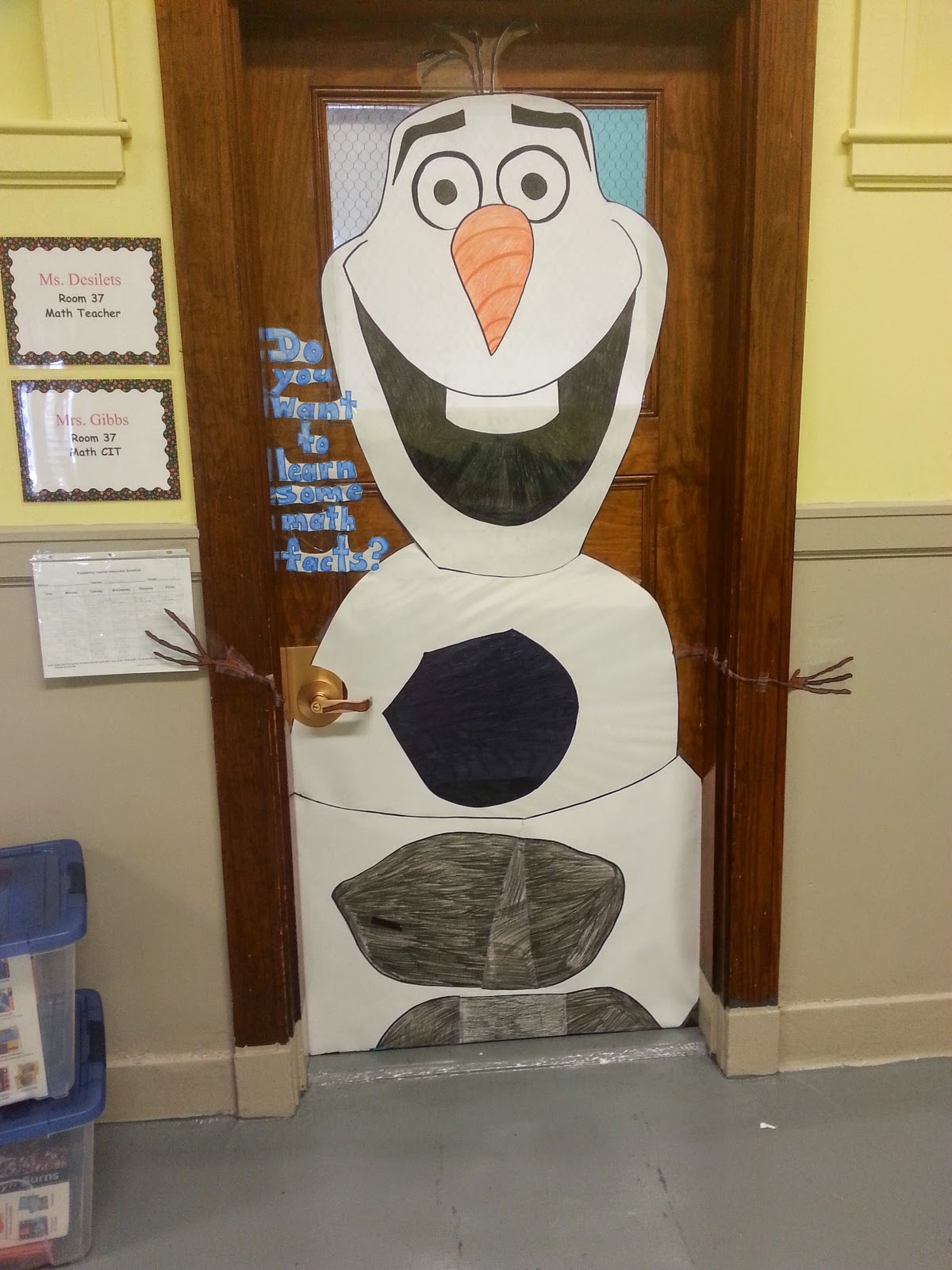Today I'm taking a step away from writing about running to cover something that might be more important. At least, in my world it is, because my entire livelihood could very well come down to this. For those of you that have no idea how to become a teacher, let me assure you that it is not an easy process. First, you go to college and major in Education and another subject. Because for some reason, you can't just major in education. At least, that's how it was where I went. Assuming you choose that path, you attend your education classes, your regular classes, attempt to get a part time job, make friends, and join clubs. Eventually, if you stick with it, you realize that in your junior year, you have to start doing field studies. These little programs are exactly what the name sounds like. At my school, you got sent into a school to observe/help out. You still have to take your classes and write your papers, but now you also have to pass the MTEL. Plus, prepare yourself for graduating the next year and figure out how to get a job. Unfortunately, you can't finish college unless you pass the MTEL. According to most schools, you won't learn enough in your education classes to be able to pass the MTEL until at least the end of Sophomore year, so you really shouldn't try to take it before then. And of course there's not just one test, but at least 4, depending on your concentration. Everyone has to take the Communications and Literacy tests. Then if you want to go into elementary education, you also have to take Foundations of Reading, General Curriculum, and General Curriculum math. Keep in mind, each of these tests costs upwards of $100, a fee that must be repaid every time you take the test, if you can't pass it the first time around. Remember, this is just for an undergraduate degree. So, assuming you manage to make it through all of this, then you have to go find yourself a job, in a school. Of course, most schools want experience, so you better hope you were on the sub list while you were in school, so you can add that to your resume.
Are you still with me? I know it's a lot to follow, but it's very important that you realize what goes on in the general life of a student studying to be a teacher. By this point, IF you've passed all your tests, managed to sub, graduate college, and get a job, you're almost a quarter of the the way to being a teacher. Most cities now want more than a license in Elementary Education at this point. If you're not licensed in Special Education or English as a Second Language, you'd be hard pressed to even find a teaching job in the first place. But in order to get a license in ESL you need to take yet another test, cover more practicum hours in the field, and take a few more classes to cover the requirements. Same for Special Education, minus the extra test. After all that, you get your initial teaching license. A handy document good for five years of employment. Once those five years are up, you have to have a Masters degree in an approved field, a certain amount of mentoring hours, and enough professional development to prove that you're working at being a good teacher. Guess who pays for that Master's degree. Here's a hint; most places don't offer tuition reimbursement. On top of all that, you have to manage the class, write and teach the lessons, meet with the parents, attend after school events, join committees, and make sure that your students can pass the state tests. While doing all of this, you have to collect evidence that you're doing it, keep it in a nice binder for the state to check if necessary, and come up with SMART goals for yourself and your students. Goals that have to be met by the end of the year.
Still with me? Sound like a lot of work? Good thing we have those summers off. But you know what, even with all that, people still want to be teachers. We still went out and got our licenses, created our binders, wrote our goals, and worked hard to be the best we can be. Unfortunately, it still seems like it's just not enough. Now the state wants to tie the student test scores into our licensing. In the most basic sense, that means that if the students fail to meet the state set goals, the teacher loses his/her license to teach. PERMANENTLY. Imagine everything you've worked at for the past 5, 10, 20 or more years just ripped away because a state test said your students didn't succeed. Can you imagine what would happen to the medical field if we took away a doctor's license to practice because a patient died from cancer. What if we fired all construction workers and barred them for building anything ever again because a tornado ripped up a house? You would never find that stipulation in a workers contract, and yet the Department of Education wants to put it in ours.
Yet the hardest part of all of this is the outside factors that the DESE could not possibly consider when judging the classroom test scores. You don't know us and you don't know our children. You don't know that the 10 year old boy who misses school at least once a week and sleeps when he does show up, is being left home alone at night to care for his little brother and doesn't know where his mother is sometimes. Of course his test score is low, his poor mind is taken up with so much stress and panic that you couldn't even begin to understand. The last thing he cares about is what X equals. His test scores won't tell you that he was trying to make an effort to come to school this year, because he finally understood that someone cares about him there. You didn't see his face light up when he learned that there is a place called art school, and his doodles in his notebook could be turned into something great in 10 years, if only he can make it that long. Nothing you can test him on will show any of this. All you'll see is that he didn't meet the score you wanted him too.
You don't know that the little girl in the back doesn't talk to anyone because she still has PTSD from living in a refugee camp in Turkey. You wouldn't know that she saw people beheaded and got pulled out of a zoo by an American soldier in the middle of an attack when she lived in Iraq. That she saw her dad beaten by a group of terrorists because he didn't believe in their ideals. You have no idea that the family is homeless and share a one bedroom hotel room. Once again, all you'll see is that she failed the reading test.
These are just two of the hundreds of very real students that I work with every year. As their teacher, I have made an effort to learn their hopes, their dreams, their fears, what keeps them coming in or why they didn't come in yesterday. I know that sometimes school is the last thing on their mind. Yet they come and they sit in class. We talk, we learn, we laugh, and we grow. But our test scores don't match up to Wellesley, Weston, Wayland, Winchester, all those W towns who have money and resources, who may not have inner city problems. The scores may never match. But teaching isn't supposed to be about the scores. It's supposed to be about growing, nurturing, expanding. Judge us on the ability to get our students into school when their world is falling apart. Tie our license to the hug that the first grader needs that morning because he came in crying that his mother said he was stupid. Base our performance on the fact that despite everything these children face at home, they still come into school and try to work for us, because they know we care, and sometimes, all they need is someone to tell them that they matter in this world. By tying our license to a score that reflects so little; of our world, of all our hard work, of the individual, you're closing the door to the care and love that these children so desperately want and need. There are some things in life that just can't be judged in the short term, and the true impact of teaching is one of them. Teaching is a long term job. The effects may not be seen for years and cannot be seen in a test score.


















































